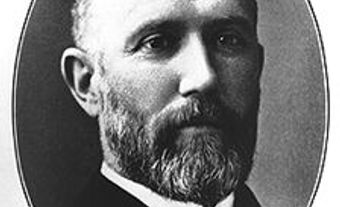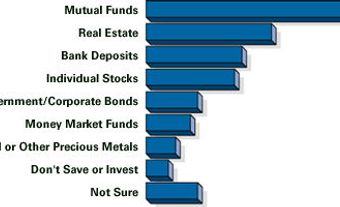Political Economy
Political Economy is the study of the relationship between POLITICS and ECONOMICS. Economists study the workings of the economic system, while political scientists study the workings of political systems, the nature of government and the STATE, the functioning of political parties and the participation of citizens in decision making. To political economists, the notion that a phenomenon can be "purely political" or "purely economic" is wrongheaded. For example, it is difficult to analyse the role of the corporation in the economy without understanding the political system in which it functions. Political science and economics must also be studied together to understand how income and wealth are distributed, how economic priorities are established, etc. A political economist examines the cultural, constitutional and political context within which economic developments occur, but also analyses the nature of the productive system in a given society and the social relationships that interact with it. Political economy as a discipline predates the separate study of economics and POLITICAL SCIENCE. Today the special area of study of political economists is the meeting point of the 2 newer disciplines.
Most Canadian scholars in the field agree that the pre-eminent Canadian political economist was Harold INNIS. He studied the FUR TRADE, the building of the railways, the relationship between the extraction of staple products and the nature of the Canadian state, and theorized about the interaction between the means of communications and systems of government. Contemporary Canadian political economists have built on the work of Innis. They have concentrated on the relationship of the Canadian economy and the Canadian state with the economies and states of other more powerful countries, principally Britain and the US, but have also examined subjects such as the formation of the bourgeoisie and working class, the "national question" in Québec, industrialization and natural resources.

 Share on Facebook
Share on Facebook Share on X
Share on X Share by Email
Share by Email Share on Google Classroom
Share on Google Classroom


